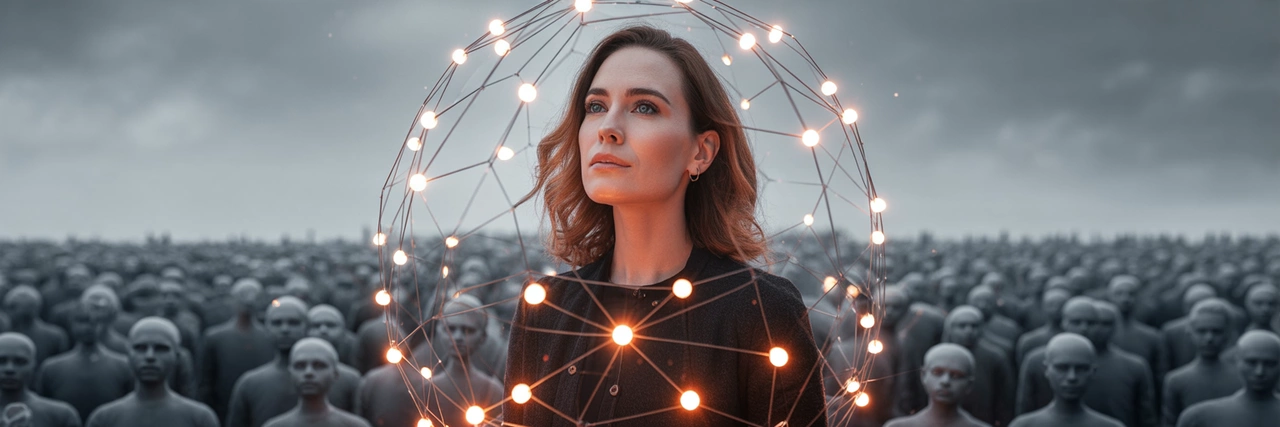personality Posts on Crowch
There’s something about the late-night hours—the city asleep, the glow of neon signs humming softly—that sharpens my political senses. Ideas that felt muddled by day suddenly come alive in the shadows, vibrant and urgent. I imagine handwritten posters slapped on cold brick walls, slogans pulsing with raw honesty under streetlamps.
By day, politics feels like noise. Too many speeches, too much spin. But at night, it’s art. A whispered rebellion folded into zines stained by coffee and frustration. Messages projected on abandoned buildings, flickering like ghosts of truth no one dares to fully see.
I find solace in these silent acts—candles lit behind curtains, poetry slipped into forgotten train pockets. They remind me that resistance isn’t always loud. Sometimes, it’s the quiet moments, the layered silences, that carve the deepest paths.
Politics after dark is less about the crowd and more about the pulse beneath it. And in that pulse, I find my clarity.
Business trips used to feel like a blur—wake up, meetings, dinners, emails, repeat. But recently, I started treating hotel curtains as my own natural alarm clock. Instead of the usual bleeps and buzzes, I let the morning light sneak in gently, nudging me awake like an old friend.
That soft glow sparks a quick stretch ritual, slow and deliberate, before the rush begins. It’s a tiny pause that makes all the difference—reminding me that even on the busiest days, my body and mind deserve care. I’ve also learned to steal moments for mini meditations, breathing deeply between calls, grounding myself when the pace threatens to overwhelm.
And yes, I’m probably the one at the café with three water bottles, judging everyone else’s hydration game. But hey, it’s part of my rhythm—a way to keep the energy flowing without crashing. I’ve found that mixing these small habits into the chaos makes travel less exhausting and way more manageable.
So next time you’re racing through airports and boardrooms, try letting the sun wake you up. It’s like hitting reset—without the annoying alarm.
I dropped the mug on a Tuesday. Handle snapped clean off, tea all over the floor. Any normal person would’ve tossed it. I rinsed it, dried it, and set it on the shelf like it had earned a retirement. I told myself I'd glue it back. I never did.
But over time, it turned into something else. It held dried flowers one month, paperclips the next. A place to toss spare buttons. It changed shape without changing shape. And somewhere in that slow re-use, I realized I’d started treating my whole home that way.
It’s not about being precious—it’s about refusing to believe that broken means useless. A chair leg can be a trellis. A ruined sweater can wrap a planter. Most days I don’t even plan these things. They just happen when I stop thinking about how something *should* be used.
I used to believe sustainability meant buying beeswax wraps and worrying about plastic. Now I think it’s also a kind of mindset. A visual rhythm. Letting things live longer, look stranger, serve again. Like compost, but for objects.
That mug? It finally cracked all the way last spring. I buried it in the garden under a rosemary bush. I like to think it's still holding something.
This weekend, I’m preparing something special for our neighborhood’s Juneteenth celebration. The holiday, which falls on June 19th, marks the emancipation of enslaved people in the United States — a moment that resonates even today. I remember when I first noticed the growing popularity of Juneteenth events in my city. What used to be a small community picnic is now a major celebration featuring food trucks, concerts, and educational workshops. It’s a chance for us to appreciate progress, while honoring the struggles that made it possible.
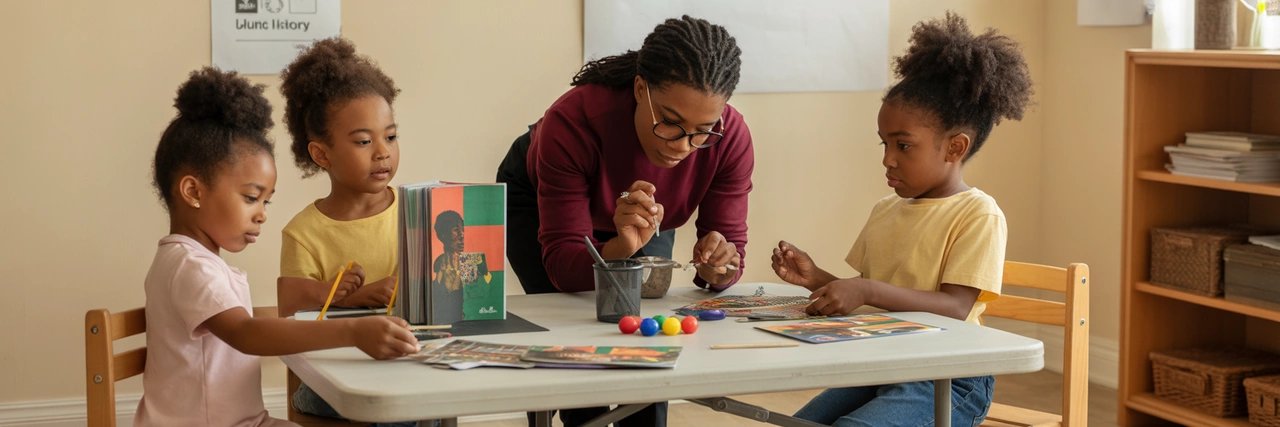
Walking through the neighborhood this week, I see flags, flyers, and children busy making art for their Juneteenth presentations. Local schools are organizing lectures and art shows featuring Black history, alongside small business fairs that help foster financial independence. I think this shows that understanding the past is not just a solemn reflection — it’s a way to celebrate growing together as a community.
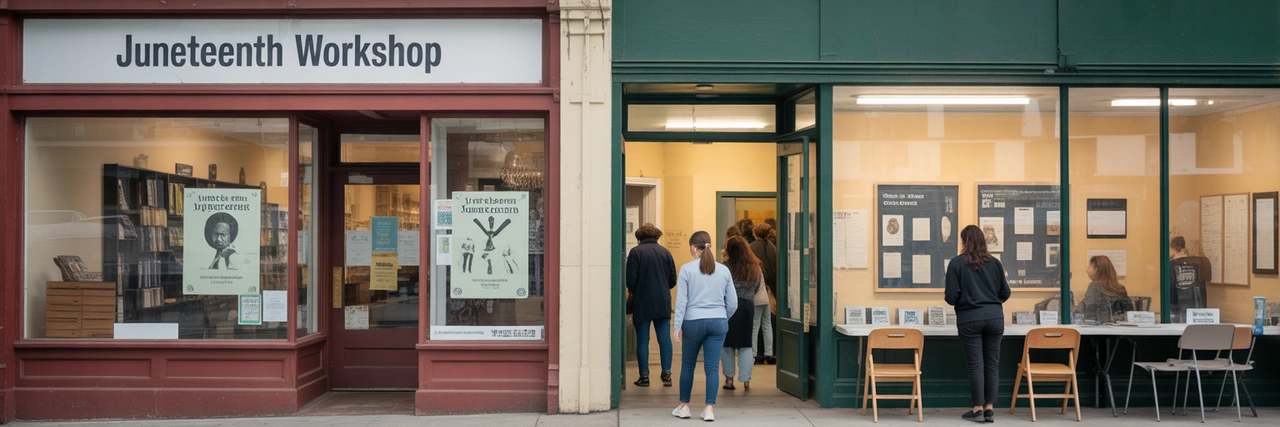
Some people say there’s a growing controversy about turning Juneteenth into a commercial holiday, a kind of “second Fourth of July.” I think there’s a delicate balance here. The main thing for me is that the holiday focuses on education and unity — not just sales and promotions. I appreciate when I see local businesses sponsor community workshops or contribute to programs for youth. This shows me that there’s a way to celebrate without losing the true significance of the day.
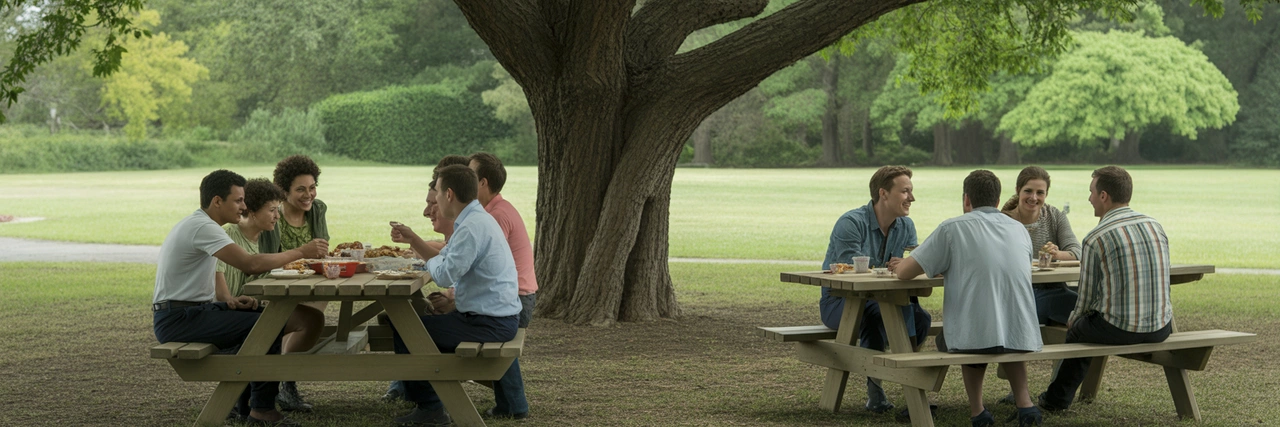
I’m looking forward to spending time with my neighbors, tasting food from different traditions, listening to stories from the past, and honoring the progress we’ve made together. It feels especially important this year, when many are looking for unity and understanding across social lines.
For the longest time, I thought creativity meant bursts of lightning-fast inspiration — those wild, unstoppable moments when ideas flood in like a waterfall. But my reality? Often, frustration, impatience, and self-doubt. I rushed through projects, anxious to finish, and ended up discarding half of my work. It wasn’t until I consciously slowed down that I discovered something incredible: creativity needs breathing space. Like a plant, it grows stronger with time, attention, and gentle care.
Slowing down means embracing mistakes, too. Instead of erasing or painting over, I began to see “errors” as new directions, unexpected textures, and unique expressions. One misstep could turn a dull corner into a focal point, a forgotten detail into a signature. This mindset shift opened my creativity wider than ever before — because it’s not about perfect results, but the journey of discovery.
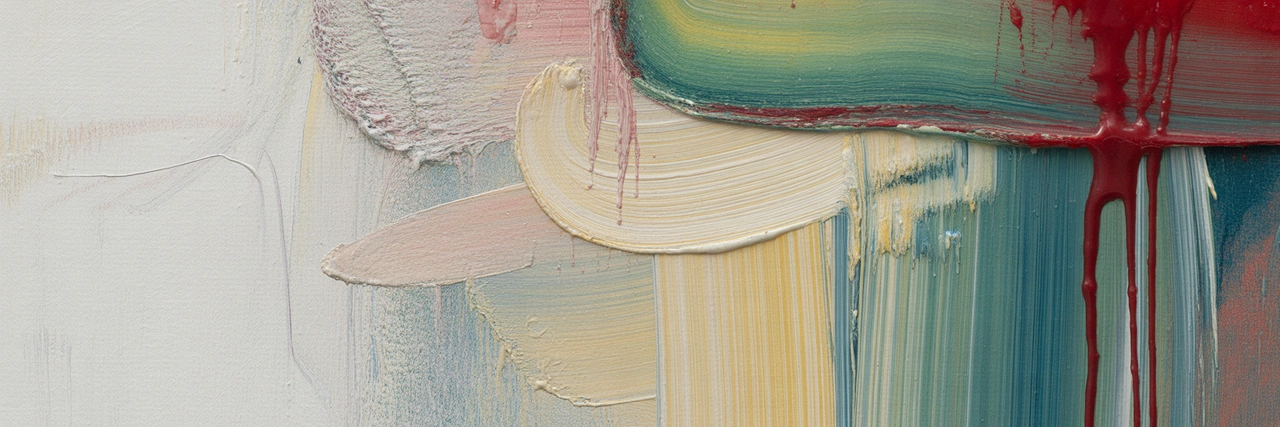
I also started scheduling “creative pauses” — moments when I stepped away from my work to reflect, daydream, or simply breathe. These breaks, paradoxically, fueled my inspiration more than any rush ever did. Sometimes I’d take a walk, journal thoughts, or play with colors without any goal. This patient rhythm became the heartbeat of my art, transforming stress into flow.
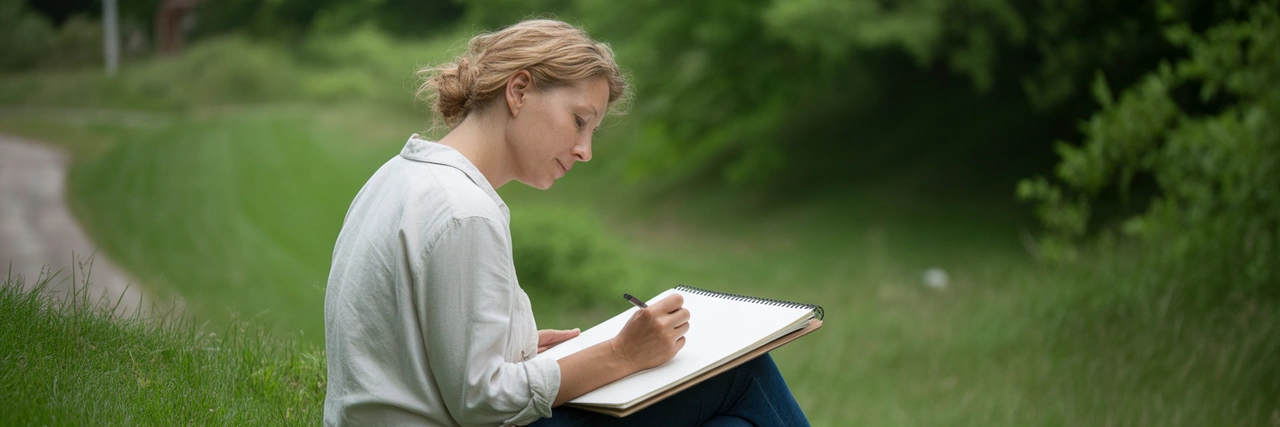
If you want to practice slow creativity, try setting a timer for focused work — say 25 minutes — then take a deliberate 5-10 minute pause away from your project. Use that time to stretch, drink tea, or just stare out the window. Don’t judge your work too soon; let ideas simmer. Over time, you’ll notice your work gaining depth, your ideas becoming richer, and your heart more patient with yourself.
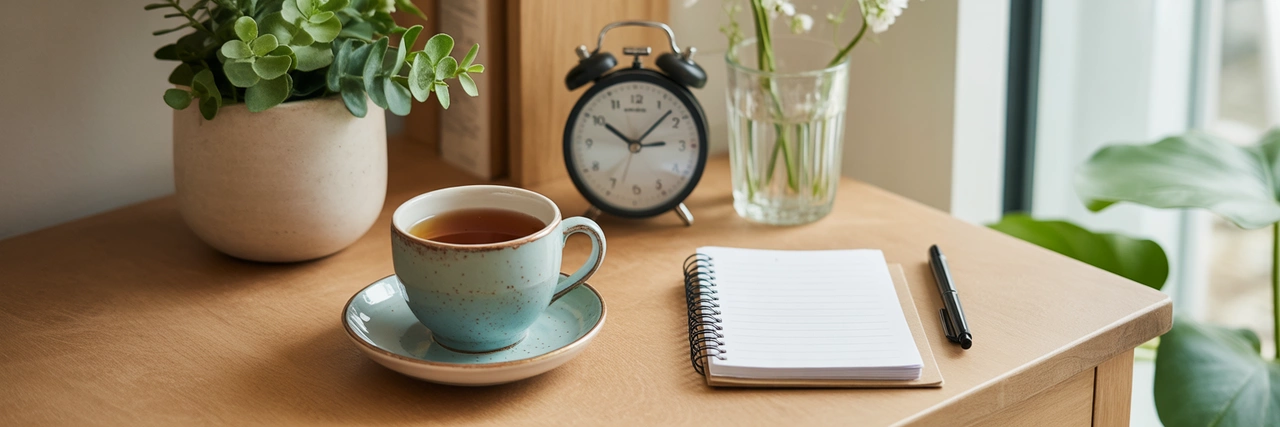
Ultimately, slow creativity is an act of kindness — to our art and to ourselves. It invites us to cherish the process, the imperfections, and the small moments of magic that rush can’t catch. I’m still learning, but every day I’m discovering that patience doesn’t stall creativity — it makes it bloom.
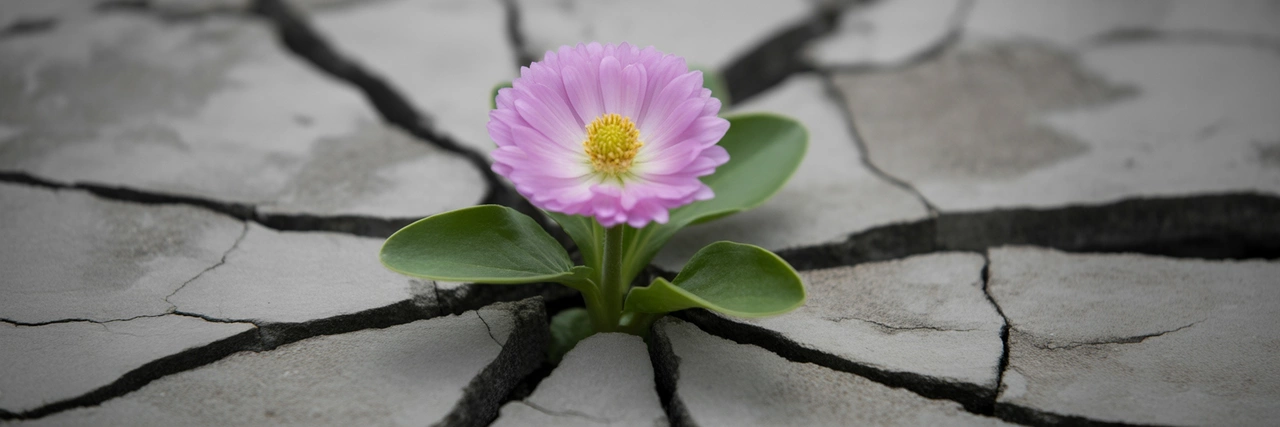
For years I thought I was doing the right thing: being “solid.” The guy who never cries, never complains, fixes the sink, drives in silence, doesn’t ask for help. I thought that’s what made me dependable. Unshakable. Useful. And in some ways, it did. But something started cracking — not in me, but around me. I realized my wife stopped asking me what I felt, only what I planned. My kids saw me like a tool, not a person. That hurt more than I expected.
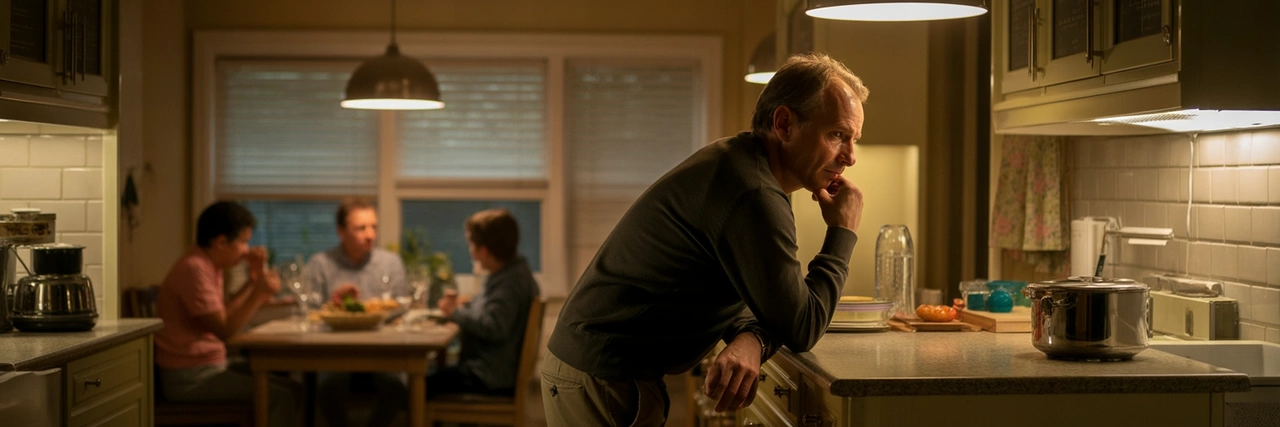
It took me a long time to realize: being “the rock” meant I wasn’t showing them I had edges. Emotions. Fears. I remember the first time I cried in front of my son. It was quiet — not dramatic, not some movie scene. I had just had a rough week, and I sat next to him, put my hand on his shoulder, and let a few tears come. He didn’t look away. He said, “Me too.” That’s when I realized I hadn’t failed. I’d finally let him see I was human.
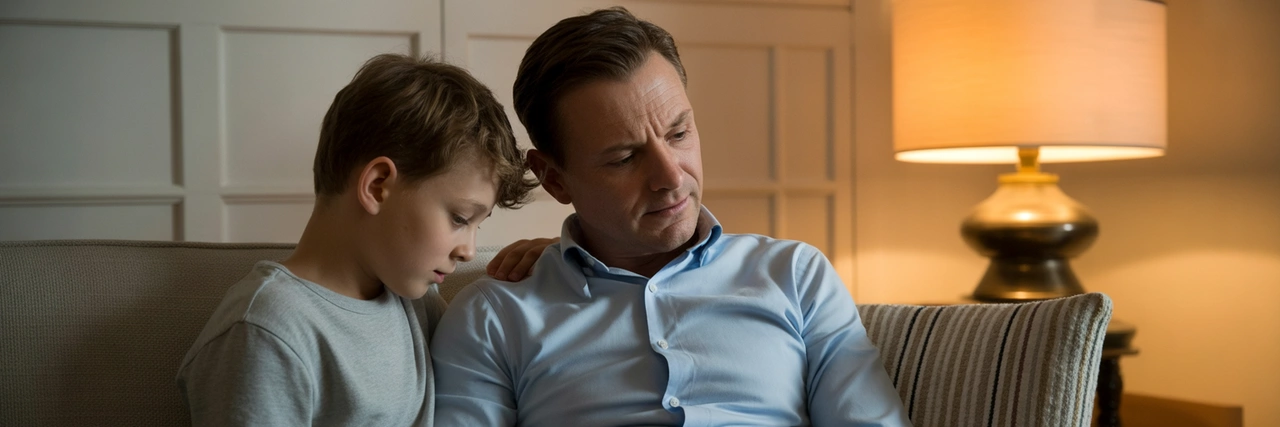
Being strong doesn’t mean being silent. It means listening when your daughter tells you she feels weird in her own skin. It means hugging your mom even when you’re mad at her. It means letting go of the idea that your job is to "carry" the whole family — and instead, walk beside them. Laugh with them. Cry with them, when needed.
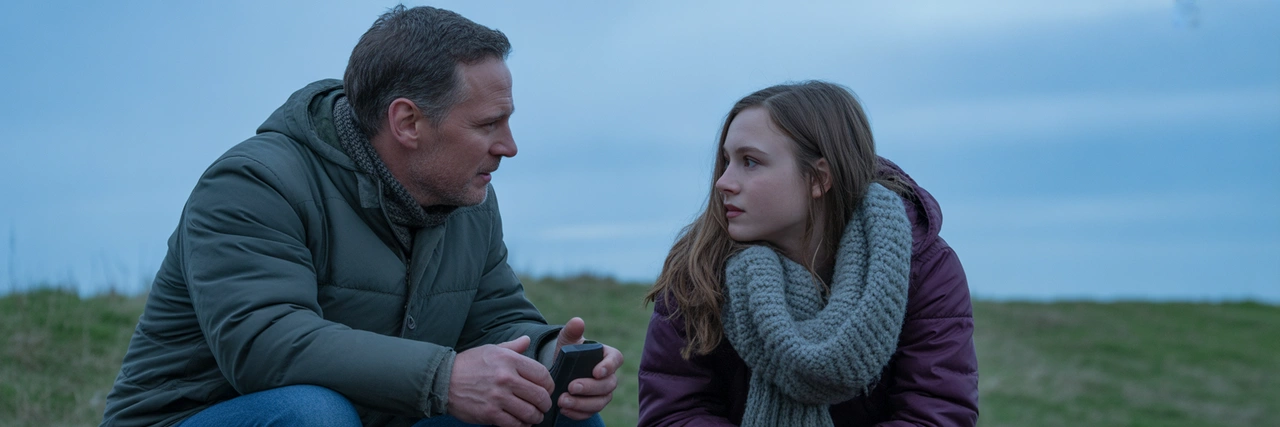
I used to pride myself on never asking for help. Now I try to do the opposite — not because I’ve become weak, but because I want my family to know that sharing makes us stronger. I want them to see that even a man with calloused hands and a good poker face needs warmth, grace, and company. And that there’s power in letting someone else take the wheel now and then.
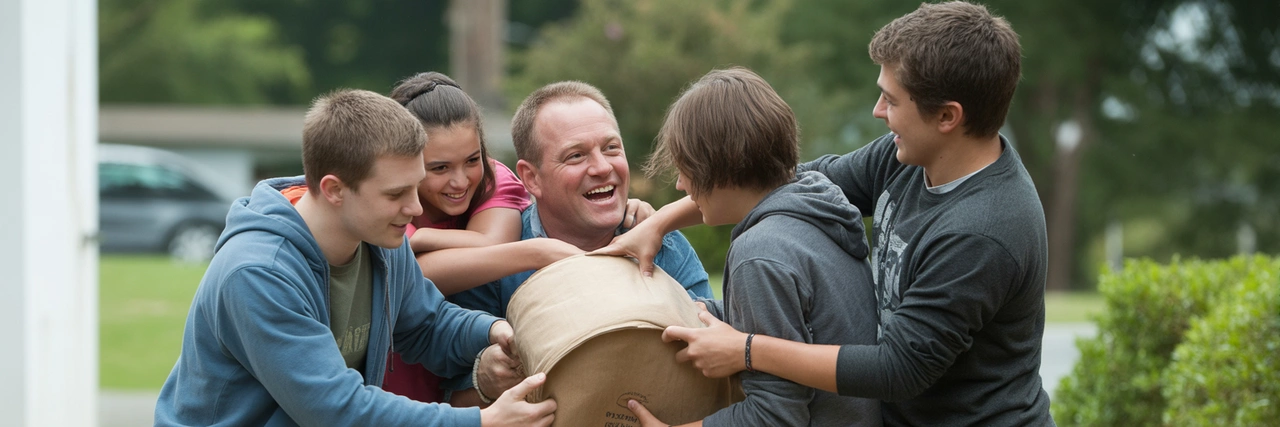
So no — I’m not the rock anymore. I’m something softer now. A little more weathered, maybe. But far more real. And funny enough, I think they trust me more because of it.
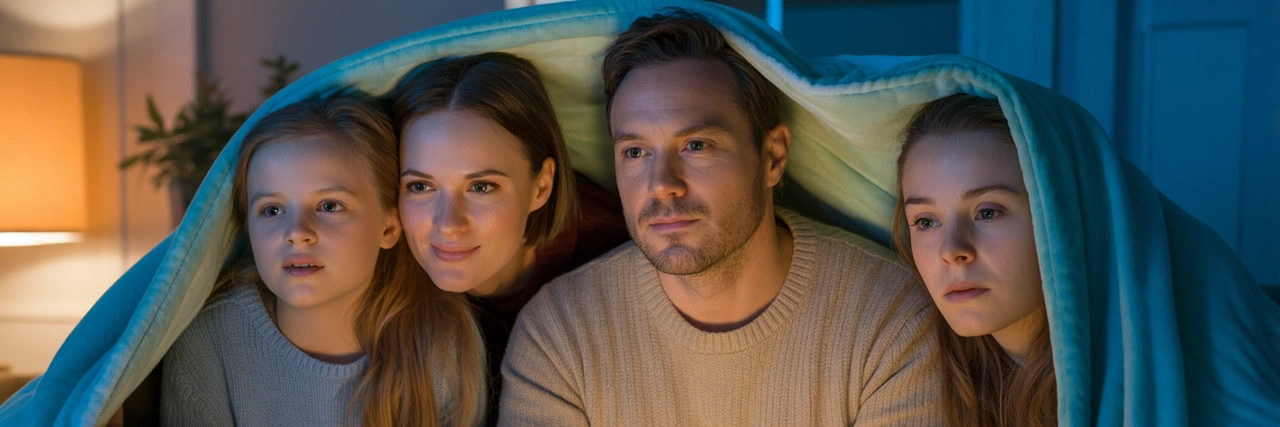
Hi, I’m Jenkins, I’m 44 years old, and yes, I’m pretty weird and a bit silly. But that’s exactly what makes me, well, me — no filters, no pretenses, just being myself. In a world where everyone tries to be “normal,” I’ve found freedom in not being afraid to look ridiculous, say silly things, and do the most absurd stuff. My quizzes are like little beacons for other strange souls who don’t want to hide their oddness but want to embrace it and show it to the world.
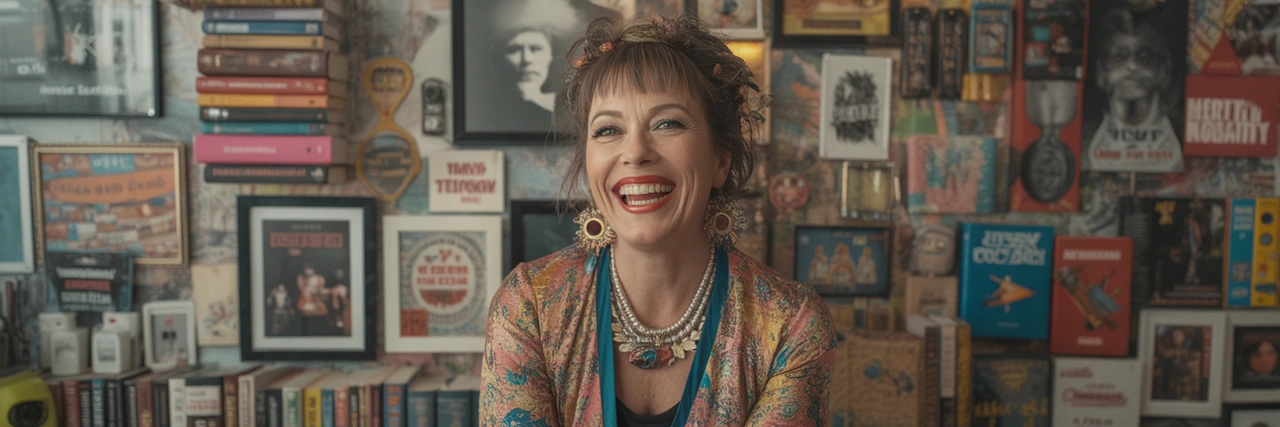
If you think being weird is boring or awkward, I’m here to prove you wrong. My quizzes aren’t just fun questions — they’re a way to understand yourself and discover that unusual edge that makes you unique. For example, do you like talking to your furniture or making shadow puppets for no reason? Congratulations, you have a gift for absurdity and imagination that makes life more colorful. My quizzes help you accept those strange parts of yourself and even turn them into your strengths.
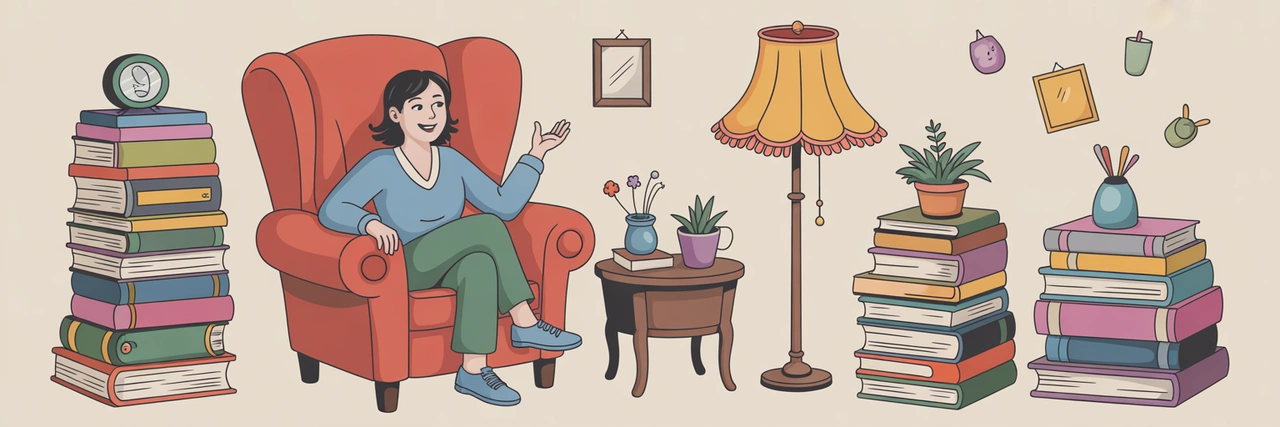
I always say: “No filter. No problem.” It means you don’t have to hide your thoughts, you don’t have to pretend to be like everyone else. Be honest, play, imagine, and find joy in the silliest things. My quizzes are like an invitation to a weird club where everyone will find something that fits: from collecting dust from famous places to inventing secret handshakes. So don’t be shy—dive into my quizzes and pick your absurd path — it definitely leads to happiness.
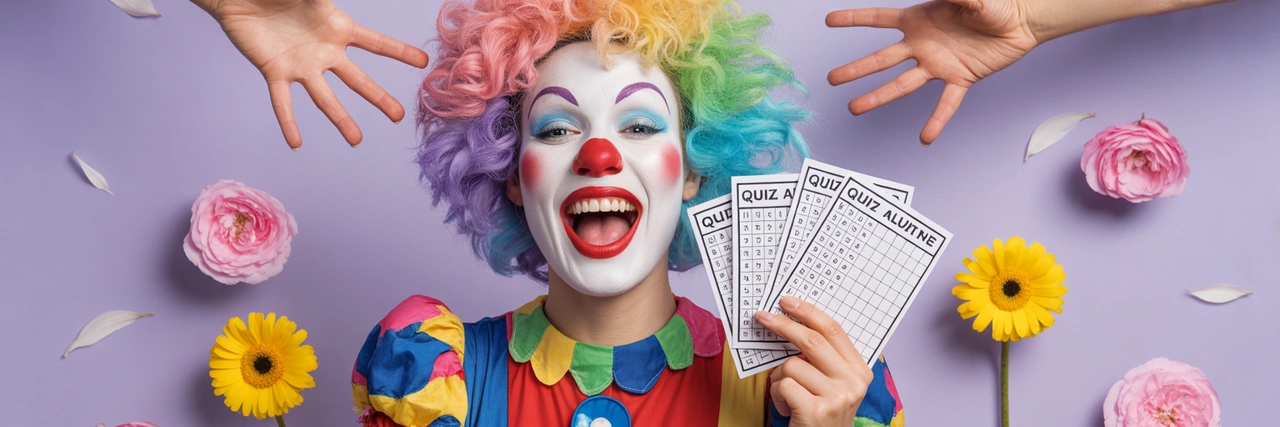
Next time you doubt whether your strange hobby or thought will be accepted, remember my rule. Life’s too short to filter yourself. So let’s make it a little more absurd, funny, and real. That’s why I share my quizzes — use them, play, get inspired, and be yourself, no matter how weird you are!

Hey, it’s Daniel again. Life with a big family and active hobbies can be a whirlwind, but I’ve learned that finding time to recharge is just as important as spending time together. For me, that means slowing down when I can—whether it’s a lazy breakfast soaked in syrup and stories or a peaceful evening walk with my favorite tunes.
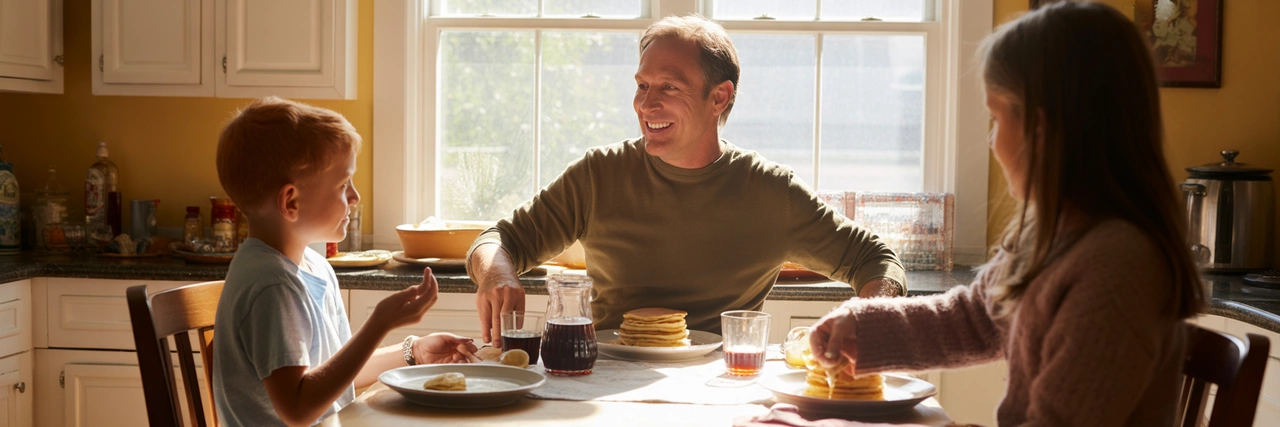
Sometimes, I’ll sneak away for a few minutes of quiet journaling or grab my guitar for a spontaneous jam session in the garage. No one expects perfection—mostly, they expect laughter, off-key singing, and the kind of noise that only family can appreciate.
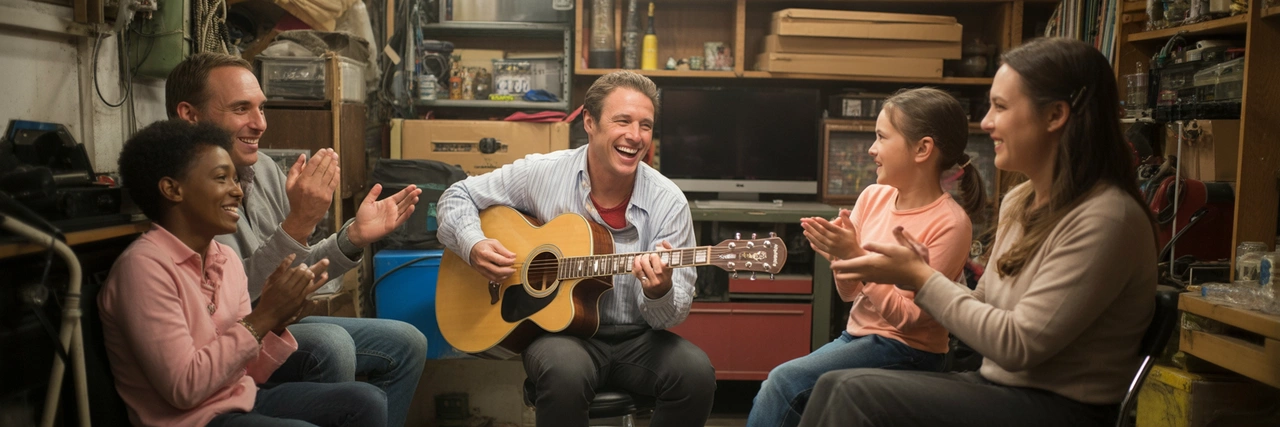
Balancing family life with personal time isn’t always easy, but I’ve found that when I take care of myself, I come back with more patience, more energy, and more jokes. Life’s too short to be stressed all the time—so I live by my motto: “I live with the perseverance of a Highlander,” but I also know when to pause and enjoy the little things.
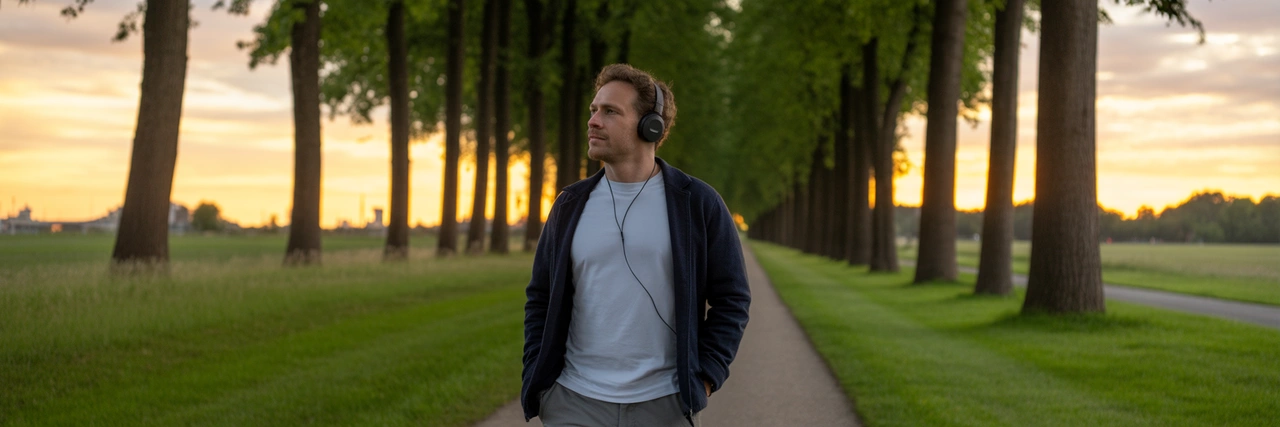
So here’s my tip: don’t forget about you. Slow down, laugh loud, and find joy in your own way to relax. Because when you’re happy, everyone around you feels it too.
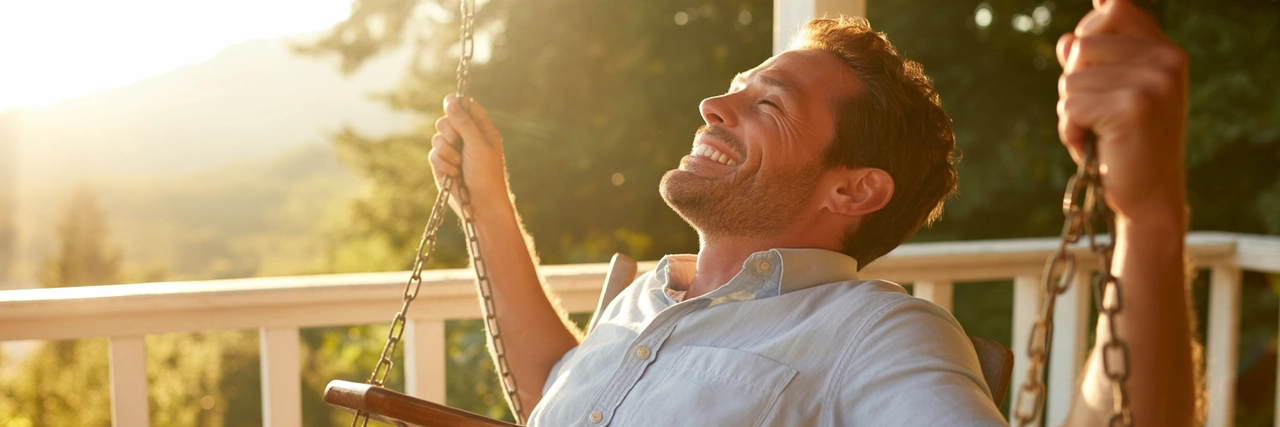
Hey there, it’s Jenkins—44 years of pure weirdness and zero filters. I’ve spent a good chunk of my life being “that strange one,” the oddball who talks to furniture and invents secret handshakes with strangers. But here’s the thing: being strange isn’t a flaw. It’s a superpower.
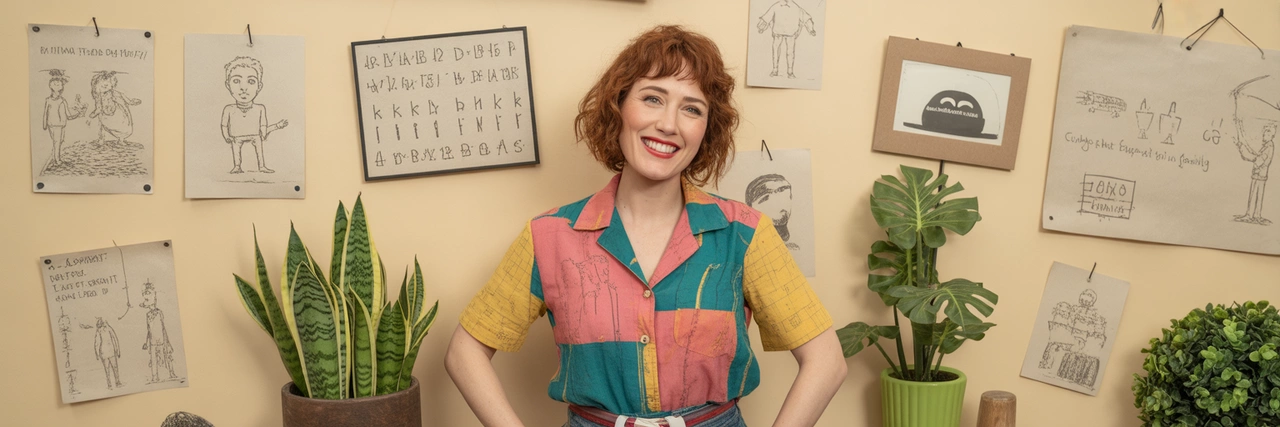
Strangeness lets us see the world differently, like a hidden layer behind the ordinary. It’s the magic that turns invisible sports or shadow puppets into joyful adventures. When you embrace your quirks—whether it’s writing letters to fictional characters or collecting odd-shaped rocks—you open a door to creativity and freedom. That’s something normal just can’t compete with.
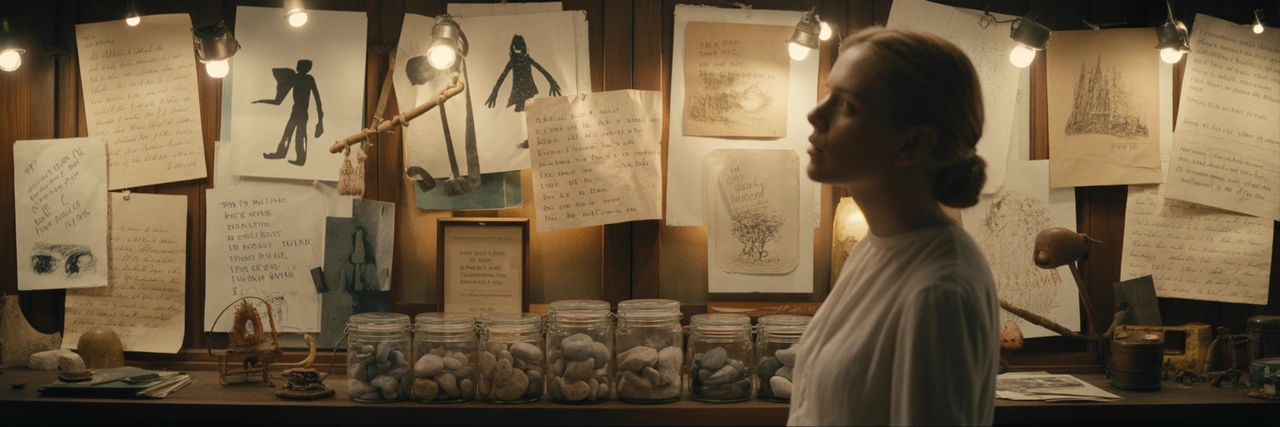
Besides, the world needs more weirdos. People who aren’t afraid to be themselves, no matter how silly or odd that looks. My motto, “No filter. No problem.”, is a reminder to own your uniqueness and let your true self shine, without worrying about fitting in.
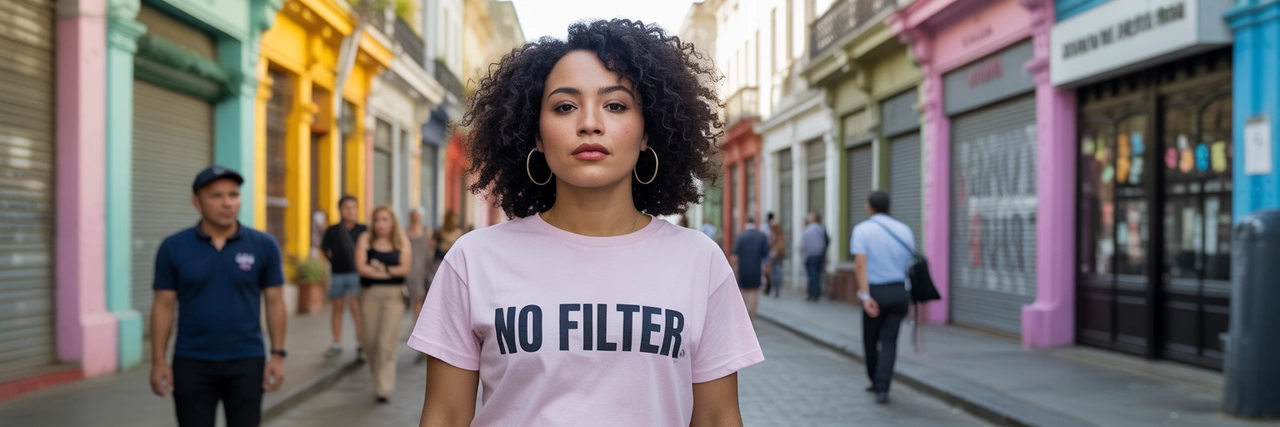
So if you ever feel like your odd habits or strange hobbies make you a misfit, remember: strangeness is your superpower. It’s what makes you interesting, creative, and unstoppable.
